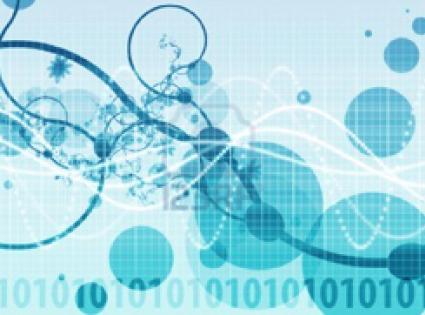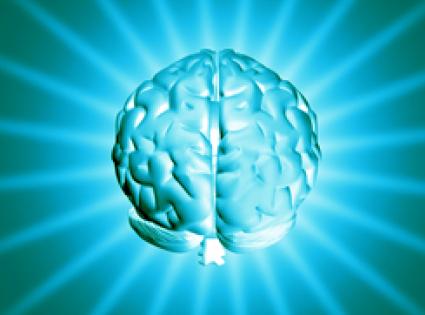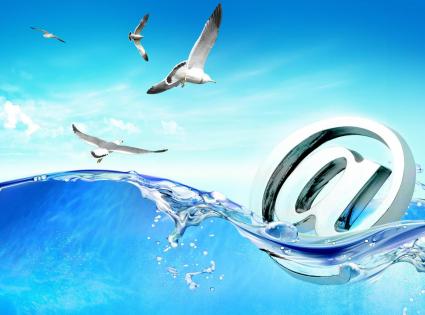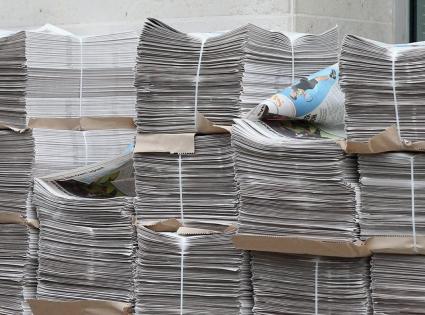Science Communication
Objectives
The communication of science is a task assumed by scientists, responsible people for various institutions (universities, research centers, government ...), journalists, communicators and philosophers of science. However, those affected by and interested in science communication are many more, we all as citizens, as consumers, as human beings with curiosity ... Science communication influences the quality of democracy, the daily life and the development of science itself. This course aims to contribute to the theoretical and practical train of professionals who can competently assume the task of communicating science.
Its objectives are:
- Locating the communication of science in the context of the CTS studies and studies of Philosophy of Science
- Acquiring practical skills and theoretical knowledge for communicating science
- Acquiring awareness of the importance of science communication for today's society, science and technology, as well as for the quality of democracy
- Understanding the irreplaceable job that the mass media contribute to the dissemination of science and technology
- knowing the theoretical foundations of scientific journalism
- Getting the tools, practical skills and appropriate training for professional practice in the field of scientific journalism
Contents
The course consists of four themes:
- Philosophy of Science: new dimensions. The communication of science in philosophical perspective
- Current context of science communication
- Current functions of science communication
- The system of communication of science: Structure and practical issues
Bibliography
AA. VV. : Percepción social de la ciencia y la tecnología en España – 2004. FECyT, Madrid, 2005.
M. Alcíbar, Comunicar la ciencia. La clonación como debate periodístico. C.S.I.C., Madrid, 2007.
M. Calvo Hernando: Divulgación y Periodismo científico: entre la claridad y la exactidud. UNAM, México. 2003.
J. M. Chillón Lorenzo, Filosofía del periodismo informativo. Razón, libertad, información, Madrid, Fragua, 2010.
C. Elías: La ciencia a través del periodismo. Nivola, Madrid, 2003.
C. Elías, Fundamentos de periodismo científico y divulgación mediática. Alianza, Madrid, 2008
A. Alonso y C. Galán (eds.): La tecnociencia y su divulgación: un enfoque transdisciplinar. Anthropos, Barcelona, 2004.
D. Locke: La ciencia como escritura. Cátedra, Madrid, 1997.
A. M. Sánchez Mora: La divulgación de la ciencia como literatura. UNAM, México, 2000.
A. Marcos y F. Calderón: “Una teoría de la divulgación de la ciencia” Revista Colombiana de Filosofía de la Ciencia, 6 y 7: 7-40, Bogotá, 2002.
A. Marcos: “Periodismo científico… ¿de opinión?”, capítulo incluido en N. Horenstein, L. Minhot y H. Severgnini (eds.): Epistemología e historia de la ciencia. Universidad Nacional de Córdoba, Córdoba (Argentina), 2002, págs. 239-245.
Marcos A. y Chillón, J.: “Para una comunicación crítica de la ciencia”, Artefactos, vol 3, 2010 (número monográfico: Cuestiones actuales sobre comunicación pública de la ciencia), pp. 81-108, USAL, Salamanca, ISSN 1989-3612
N. Russell, Comunicating Science. Professional, Popular, Literary. Cambridge University Press, Cambridge, 2010.
Competences
- Be able to read and critically analyze scientific information
- Ability to analyze and synthesize
- Being able to handle relevant literature
- Being able to create legible, complete documentation, technically correct.
- Basic skills in using the Internet and other network services for obtaining and managing information related to the subject.
- Language Skills
- Being able to use fluently a good, both oral and written scientific language, being rigorous in explanations, both oral and written.
- Know how to develop a formal argument and expose intelligibly.
- Ability for group working
Teaching methodology
Lesson 1 will be held in face sessions. Lessons 2, 3, and 4 will be taught by virtual means, through the Moodle platform.
Each lesson will correspond approximately to one month of work.
At the Moodle platform one can find the resources and activities for each lesson, as well as information for homework delivery.
In addition to the activities, an original ten pages coursework will be required. The coursework should deal with one of these two topics:
- Internet and communication of science
- Critical scientific journalism
The course is taught by
- Theoretical and practical classes, plus guided study and tutorials.
- The theoretical sessions will address the points raised in the agenda.
- The practical sessions will include: Critical analysis of some items of science communication.
Evaluation system
The assessment will take into account the coursework as well as the activities for practical sessions.
Study time and individual work
- Total hours of student work: 125h.
- 10 hours of class.
- Theoretical part: 75h.
- Personal work: 45 theory; 30 homework; 10 other activities (bibliographic search and tutorials)
Means
Moodle platform.
Recommendations for the study of the subject
The delivery of the activities and homework will be done through email. For inquiries there exists an email address and you can also contact teachers via Skype. For any urgent query relating to the course students can use the phone.
Languages
- Spanish, with some readings in English.







